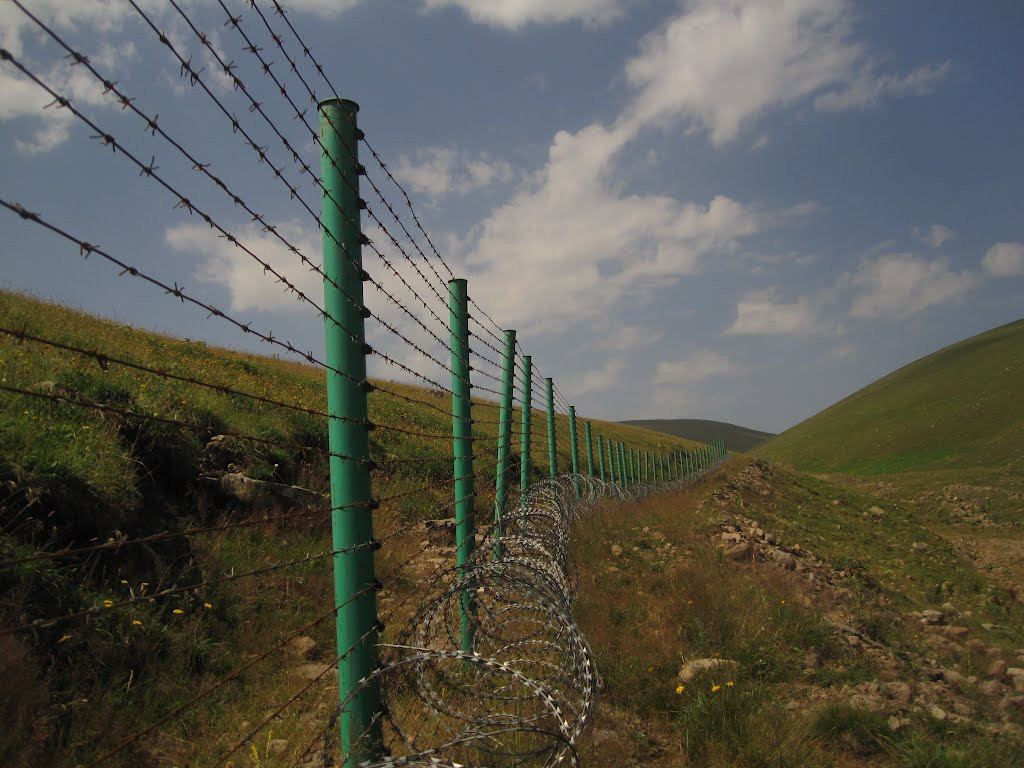BAKU, Azerbaijan, October 22. It has recently become known that following the invitation by the government of the Republic of Armenia, the OSCE will send a needs assessment team to the country on October 21-27, Trend reports.
According to the press release, the technical team comprised of international experts and representatives of the OSCE Secretariat will visit areas along the Armenia-Azerbaijan border.
The news on sending this mission came out of nowhere – no discussions regarding the matter were reported before in the frame of the OSCE.
As the Azerbaijani Foreign Ministry emphasized in its October 20 statement, the deployment of such a mission has never been addressed by any OSCE decision-making body, and no decisions have been taken in this regard.
Thus, no group referred to as the "OSCE Armenian needs assessment mission" has an OSCE mandate and no results of its operations can be regarded as OSCE documents.
Moreover, the expediency of sending the relevant mission to Armenia is also questionable. Following the Prague meeting of October 6, an agreement was reached on sending a civilian EU mission to the Armenian side of the border with Azerbaijan. So what is the point of sending two missions of foreign organizations?
The OSCE which has been ‘involved’ in the resolution of the Armenia-Azerbaijan conflict for 30 years, acts once again as an organization seeking to prolong regional conflicts. Since the end of the second Karabakh War, which erupted particularly due to the failure of the OSCE Minsk Group to mediate the peace negotiations between the two countries, Azerbaijan and Armenia have taken slow but confident steps to normalize interstate relations. Now the OSCE is wedging itself into this process, inciting the unilateral initiative of Armenia, which can’t but delay the peace process in the region.
As US expert Peter Tase told Trend, these actions of OSCE are coming immediately after the inflammatory remarks made by President Emmanuel Macron only a few days ago.
"There are certainly back channels of communication between the French Ministry of Foreign Affairs and the OSCE leadership and looking at the circumstances this organization is not upholding the very principles for which it was created. It’s abhorrent to see how OSCE is operating and maneuvering in a way that doesn’t contribute to the normalization of relations between Azerbaijan and Armenia," he said.
Thus, the role of the OSCE with respect to Azerbaijan-Armenia relations should have been terminated in 2020 due to the end of the conflict, said the expert.
"The OSCE Minsk Group was the worst investment to solve the Karabakh conflict. The OSCE owes a statement of apology to the people of Azerbaijan for its feckless negotiation process and for being an obstacle to the normalization of bilateral relations instead of serving as a catalyst. At a time when the EU is increasing its presence in Armenia, there is no need for European taxpayers to finance activities of another useless multilateral organization such as the Organization for Security and Cooperation in Europe," Tase added.
As he emphasized, the OSCE, just like UNESCO, has never sent an assessment mission to the recently liberated territories of Azerbaijan.
The matter is also reinforced by the fact that the OSCE missions were not always sent so easily, as is now. At a time when the OSCE was still considered a mediator in the Karabakh conflict, it cost a lot of effort to request the deployment of an assessment mission to the region. It was a long process, accompanied by the resistance of Armenia.
This is what happened in 2005 and 2010. Azerbaijan failed to achieve the arrival of European appraisers to the occupied territories. The last time the country got the refusal was shortly before the second Karabakh War, as Armenia did not give its consent. In fact, it was not a huge loss, because previous missions had led nowhere, like the entire thirty-year history of OSCE mediation.
Therefore, such unilateral actions by the OSCE Chairmanship and Secretariat run counter to the basic principles of any responsible and credible mediation and confidence-building, which require the consent of the parties, the impartiality of the mediators, and respect for the obligations of states under international law. This is very sad that such an international organization as the OSCE decided to obstruct the post-conflict normalization of relations.







